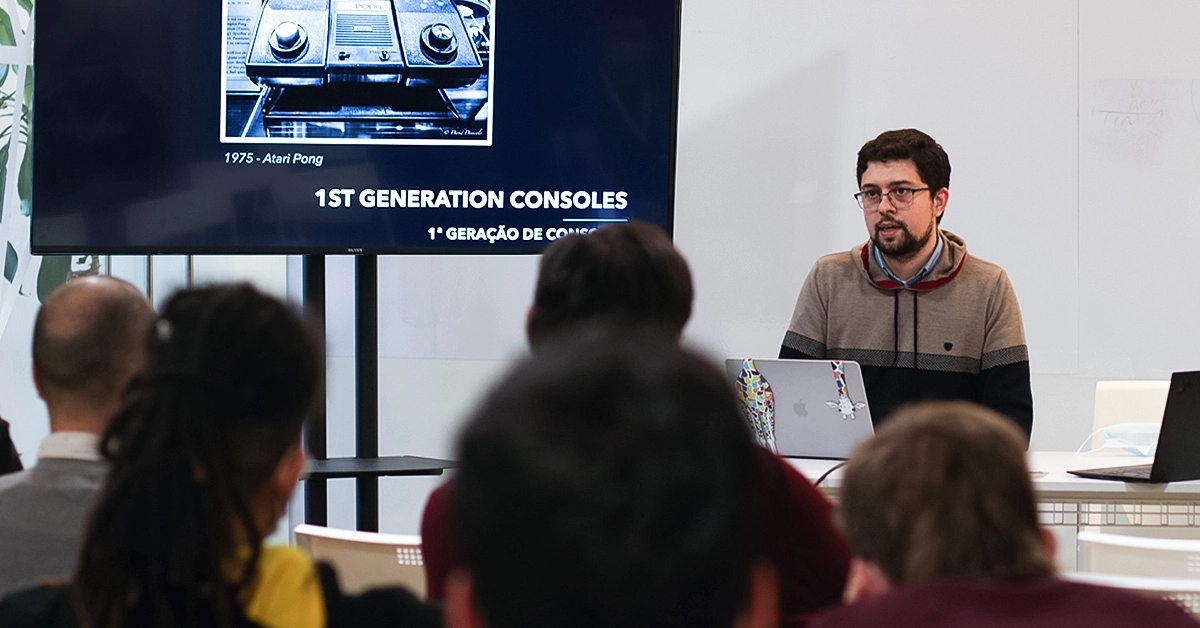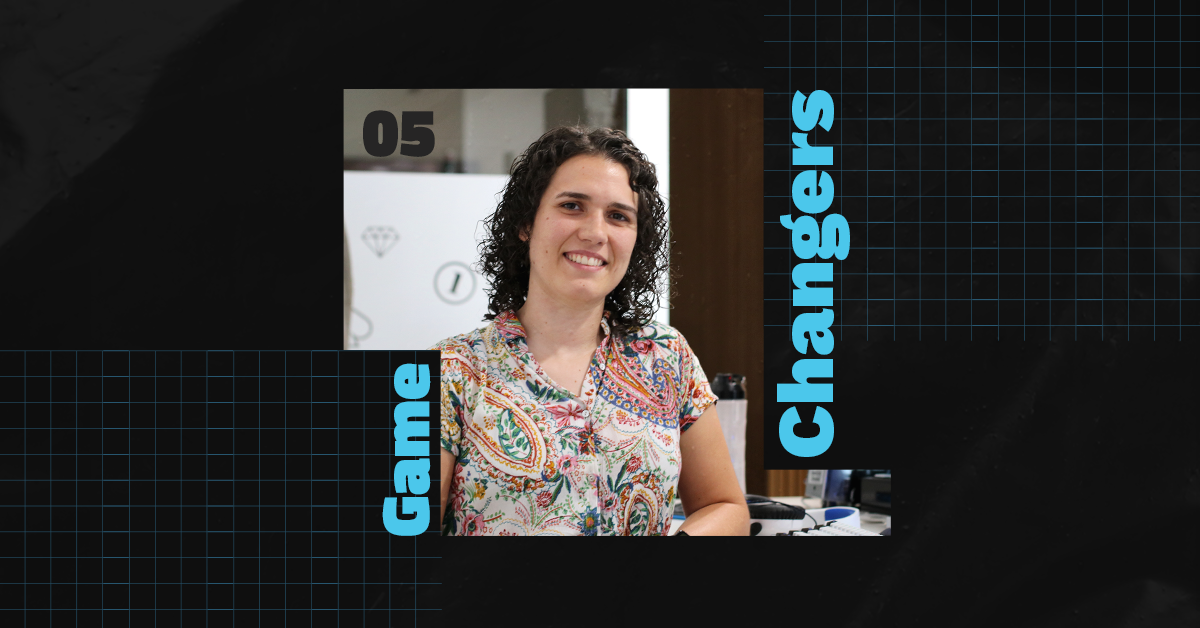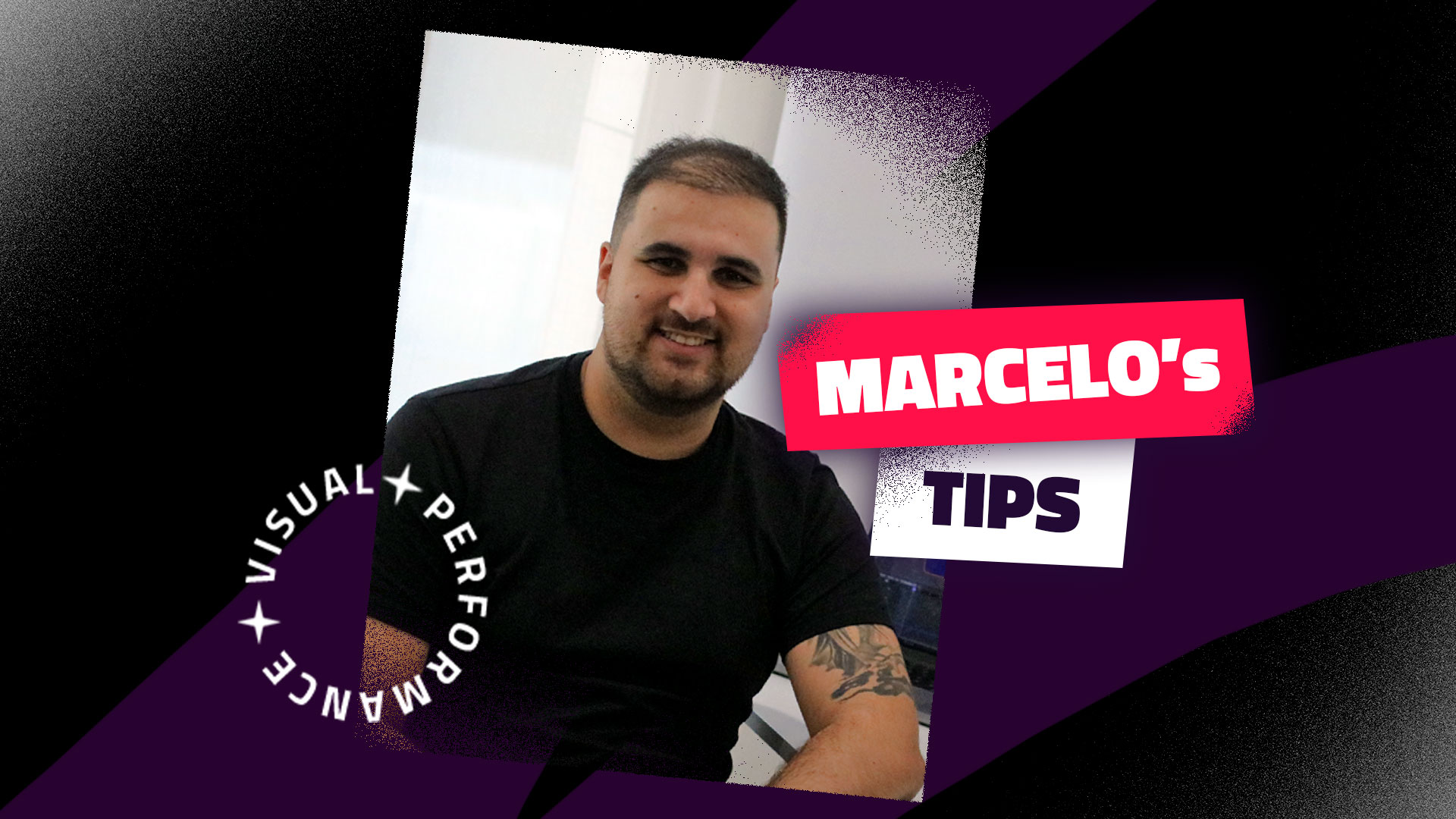How to become a Game Developer in 10 steps
Have you ever wondered what’s the best way to become a Game Developer? In this article, we unravel 10 steps you can take to excel on this field like a true Gamer.
If you’re into gaming and programming, the Game Development career path might suit you. Passion, creativity and out-of-the-box thinking are some of the ingredients needed to succeed in this area. Let’s dive into it!
What is Game Development?
The act of creating a game is commonly known as Game Development. At Fabamaq, our Casino Gaming Software House based in Porto, it often implies the input of programmers, software testers, designers, artists, project managers, product managers and others.
Guide to become a great Game Developer
If the programming side of gaming interests you, here are some tips that can give you an upper hand in getting into the Game Dev world:
1. Start with your education
If you wish to pursue a career in technology or gaming, you might want to think about getting some kind of tech degree. Not only does it add credibility to your background, but it can also help you to be selected for job offers.

Searching for a bachelor, master or post-graduation degree related to Engineering, Programming, Computer Sciences, Information Systems, Mathematics or similar might be the easiest way to enter the technology world.
2. Expand your knowledge of programming
The computer science world is vast, but if you’d like to be a Game Developer, you need to know the basics. Learn the most used computer languages such as Python, C++, JavaScript, Lua, OpenGL, frameworks like SFML or game engines like Godot, Unity or Unreal.

Grasping the fundamentals of programming is the first step to get the hang of it and you will soon find yourself motivated to discover new programs, platforms and software options that can boost your game development skills.
3. Take online courses and digital certifications
If you still feel like you’re missing some key pieces of the puzzle to master the Game Development world, you might want to think about getting some complementary education.
Online courses and digital certifications can help you in the recruitment world. If you play that extra card, you’re all set to better meet certain job offer requirements, as you already own the desired knowledge or experience they are searching for.
4. Start with small projects
If you want to earn more experience in game development, working on personal projects is the way to go – you can learn how to start your game project in this article.

Beginning with a project that suits your skill level is always recommended, as you can focus on specific points of improvement, learn from your mistakes, try out and test your code until you reach a higher level that allows you to work on more complex tasks.
5. Iterate and polish your game projects
You know what they say… practice makes perfect and in Game Dev there’s no exception. Consistent preparation can help you get better at what you do, so save up some time every day or every week and you’ll notice your progress.
In the technological universe, things are always changing, updating and improving! The same goes for your game projects. Playtest frequently, gather feedback and refine your games based on the input you receive. The iterative process is crucial for creating enjoyable and engaging experiences.
6. Learn about computer graphics
After you learn the basics about the programming world, we might want to think about learning about computer graphics as they often play a vital role in the work of a game developer, serving as the visual foundation upon which immersive and captivating gaming experiences are built.
Not only does it encompass the creation, manipulation and rendering of digital images and animations that bring virtual worlds to life, but it also serves as a powerful tool that allows developers to engage players, evoke emotions and create immersive virtual worlds that push the boundaries of imagination.
7. Analyze your favorite games
What’s your favorite game ever created? Do you have a name in mind? Great! Now try to deconstruct that game – it can be extremely useful to comprehend what worked in its favor.
Examine its mechanics, level design and overall gameplay experience. Understanding successful games can help you gain insights into what works and what doesn't.
8. Connect and network with Game Dev communities
Being self-taught is a wonderful craft, as most companies value your effort in chasing after your interests and not settling. Nonetheless, joining others who are just as passionate as you might be beneficial to improve your skills.

Search for game development groups, attend local events or meetups such as the ones that Game Jams Fabamaq has been promoting and discuss questions or doubts in digital forums. If you share your knowledge and ask for help, extraordinary things can happen.
9. Create a Game Developer portfolio
Are you getting your first interview in the Game Development field? There’s no need to panic. Here’s a small tip: start by creating a portfolio of your game development projects, even if they’re small.
This allows recruiters to better understand your skills and how you can be creative. Having a portfolio will not only demonstrate your abilities to potential employers or clients, but it can also serve as a record of your progress as a game developer.
10. Never stop learning!
Game development is a dynamic field, so continuous learning is vital. Explore new techniques, experiment with different platforms, and challenge yourself with diverse projects. If you stay curious, seek out resources, and always strive to improve your skills, luck will be on your side.
You might also like:
- How can personal projects make you a better Software Developer
- All about the DEV CLUB at Fabamaq for programming enthusiasts
- How to hit the jackpot in the Software Testing career
- Working and Studying at the same time: 5 tips and tricks from our Gamers
- What is Gamification and how it can unite teams
Looking for a Career Jackpot? Join Fabamaq now
With over 220 Gamers so far, Fabamaq has several IT jobs in different areas of operation. From mathematics to game development, passing through project management, and software development, there are a lot of job openings to explore. Do not miss out on what could be the jackpot of your career!



